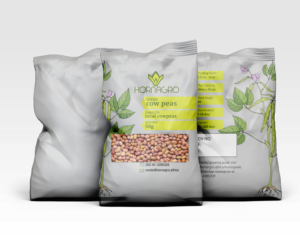Discover how modern sustainable farming techniques are transforming Somalia’s agricultural landscape and increasing crop yields while preserving the environment.
Somalia’s agricultural sector is undergoing a revolutionary transformation through the implementation of sustainable farming practices. These innovative approaches are not only increasing crop yields but also preserving the environment for future generations.
The Challenge of Traditional Farming
For decades, traditional farming methods in Somalia have faced significant challenges, including soil degradation, water scarcity, and unpredictable weather conditions. With climate change worsening these issues, it has become essential for farmers to adopt more resilient and sustainable approaches.
Sustainable Solutions
Modern sustainable farming techniques are now being introduced across Somalia, such as:
- Crop Rotation: Planting different crops in cycles to maintain soil fertility and reduce pests.
- Conservation Agriculture: Using minimal soil disturbance methods that protect and enhance soil structure.
- Integrated Pest Management: Applying natural pest control strategies to minimize the need for harmful chemicals.
- Water Conservation: Implementing efficient irrigation systems that ensure water is used wisely.
Success Stories
The impact is already visible. In the Shabelle region, farmers who have embraced these practices have seen crop yields rise by as much as 40%, all while reducing water usage by nearly 30% compared to traditional methods.
The Role of Technology
Technology is playing a key role in this transformation. Tools like soil testing equipment and weather monitoring systems help farmers make smarter decisions about planting, irrigation, and harvesting.
At HornAgro, we are dedicated to empowering Somali farmers through access to high-quality seeds, modern farming equipment, and specialized training programs that make sustainable farming not just a possibility, but a reality.

Leave a Reply